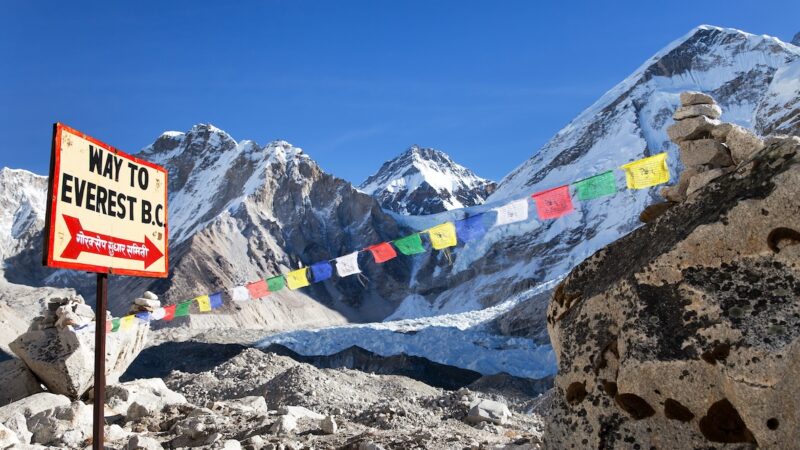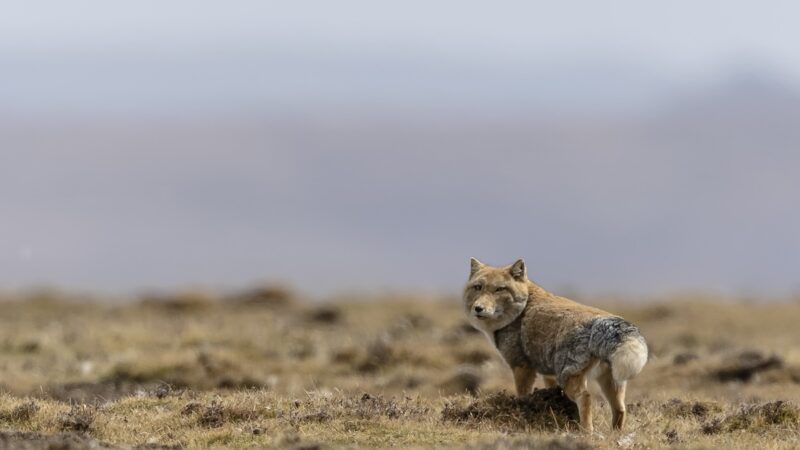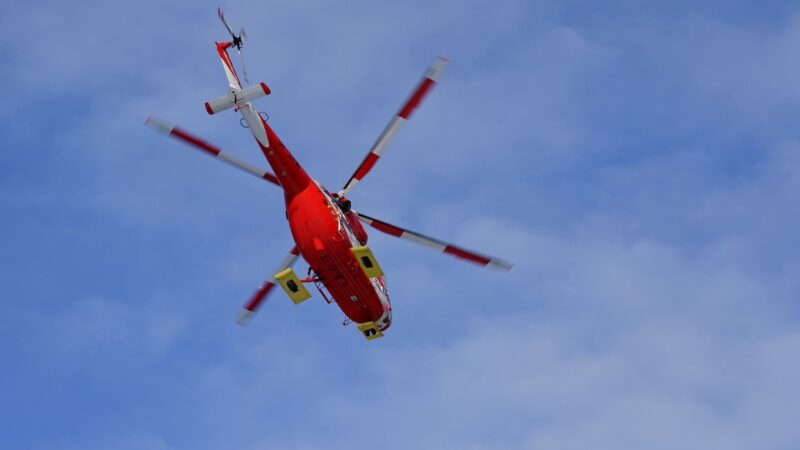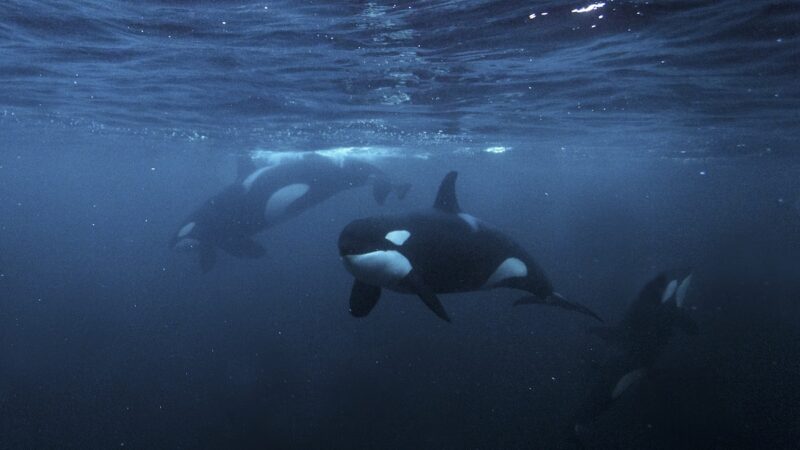Solo Camping for Beginners: Top Tips to Get Started
Enjoying your own company is a beautiful thing, and that’s why solo camping has become increasingly popular in recent years. A 2023 camping report by The Dyrt shows that solo camping increased by 28% from 2021-2022.
Videos by Outdoors
Solo camping is a wonderful way to connect with ourselves and with nature. If you are new to camping, it will take a little bit of time and experience to build up the skills required for a safe solo camping adventure.
Once you are confident in the outdoor basics, solo camping is a worthwhile hobby and rewarding way to spend your time away from everyday life.
In this guide, we will cover the top solo camping tips for beginners.
Solo Camping Tips for Beginners
At a Glance:
- Choose a local campsite or destination with some basic amenities.
- Always Leave No Trace on the environment.
- Learn how to put up a tent and read a map.
- Tell someone where you are going.
- Plan your meals for each day in advance.
- Purchase a reliable tent and sleeping bag.
- Carry bear spray in case you come across one in the wild.
- Pack layers and appropriate clothing for the weather forecast.
- Stay connected with the outside world when you feel the need.
- Embrace being at one with nature.
How to Plan Your First Solo Camping Trip
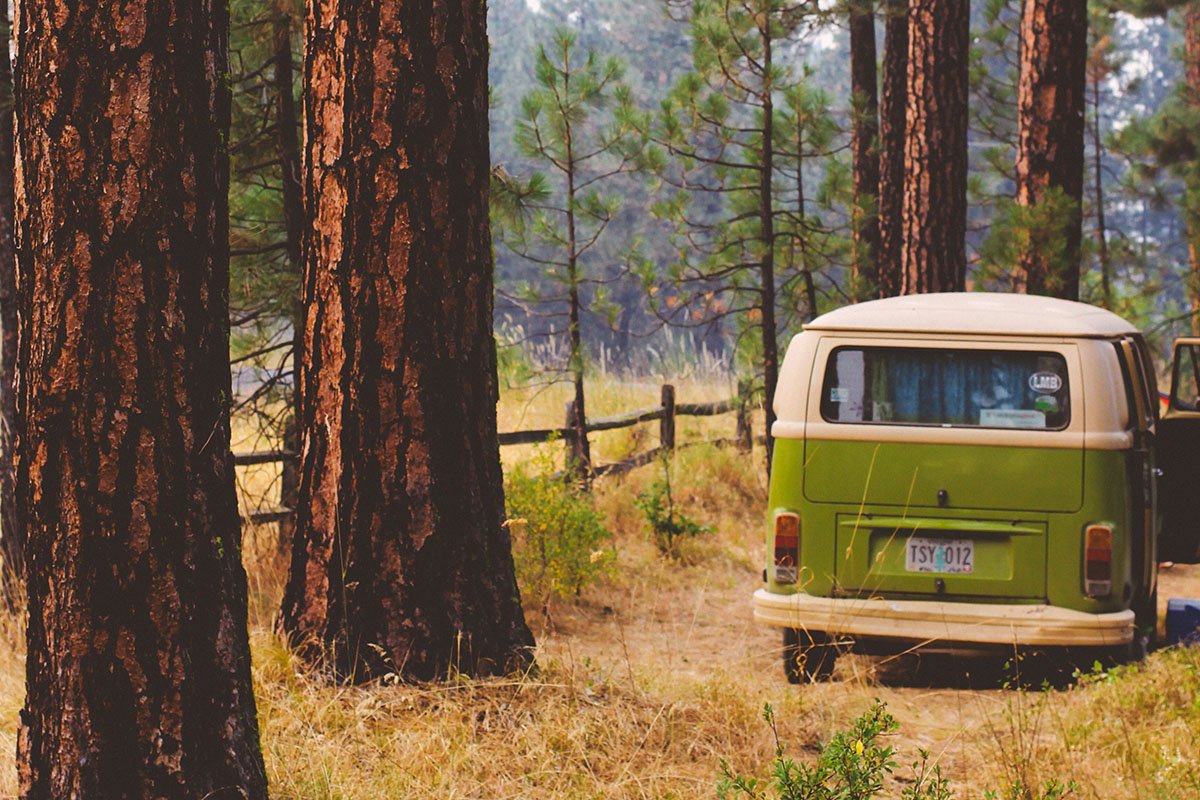
Research Your Destination
If you are new to solo camping trips, it is important to choose a destination where you will be comfortable and safe. For your first adventure, it’s a good idea to stay local.
Before you head off by yourself, go on a few camping trips with friends or family to practice the skills and find out how much you enjoy camping.
A campsite near to where you live is a good place to start. Once you become familiar with the solo camping experience, you can extend your trips a little further afield.
Choose a location that suits your interests. A scenic spot with good walking trails, interesting history, or wildlife-watching opportunities will give you plenty of fun experiences to enjoy during the day.
A busy campground will offer amenities such as showers and toilets, which can be a great comfort on your first trip away. It is also a great place to meet like-minded people and make friends.
Research the campsite or location’s rules and regulations about camping before you head off. Check reviews of the campsite to ensure the facilities are clean and tidy, and always try to find a Leave No Trace-compliant campsite.
Share Your Itinerary
Let a friend or family member know about your plans, including your route, trip itinerary, and an expected return date. Consider sharing your location with someone so they can check on your whereabouts.
Be Prepared
It’s important to have some basic skills up your sleeve for a solo camping trip. Navigation (preferably the old-fashioned way) is essential, as is knowing how to put up your tent.
Carry a compass and a map, in case your cell phone runs out of battery or there’s no reception. Don’t leave basic map-reading skills to the last minute. Take a map and know how to use it before you go. On your phone, save your maps offline in case you are camping in out-of-range locations.
You can practice putting up your tent in advance. Pitch it in your backyard, or even inside if you have space. It will make the process so much quicker when you reach your destination.
A well-stocked first aid kit is another key essential for solo campers. It should include medical supplies, such as band-aids, antiseptic wipes, medications, and any personal or allergy medications you require.
Always keep a close eye on the weather forecast leading up to your trip and pack accordingly.
Essential Gear for Solo Camping
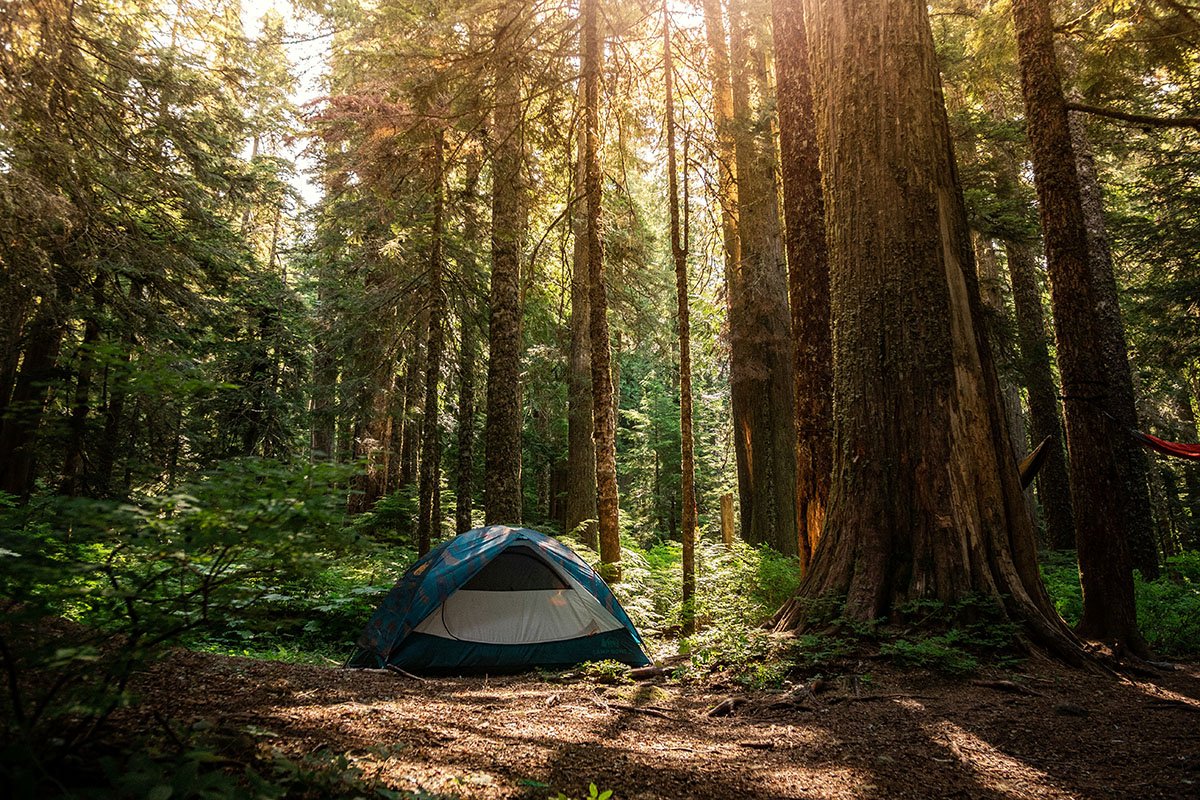
Tent
Your shelter is one of the most important pieces of gear for your solo camping trip. Invest in a reliable, lightweight tent, and a good quality sleeping bag. Add a sleeping pad for extra comfort and cushioning between you and the ground.
Research the weather and temperatures before you choose the tent. Decide whether you need a three-season or a four-season tent. Sleeping bags always note a temperature rating in the product specification. Check that the rating of the sleeping bag matches your destination’s lowest temperature.
Here are some of the best camping tents for your outdoor home away from home.
Lightweight Backpack
You will store most of your belongings in a lightweight backpack while you are away camping, and you will take it with you on hikes or adventures during the day.
Choose a comfortable backpack that is easy to wear for long periods of time and distributes weight evenly. Make sure there is enough space to fit the pack inside your tent. Pack only essential items to keep your load manageable.
Shop some of the top-rated backpacks for outdoor adventure or find backpacks under $100.
Cooking Essentials
It is important to plan your meals in advance and come prepared with the right amount of food and cooking gear for the duration of your trip. A compact, lightweight stove will allow you to prepare delicious warm meals while out in nature.
Practice a few simple recipes at home in advance. Make sure you eat enough calories to fuel your adventures, and consider increasing your usual intake for extra energy throughout the day, particularly if you are camping in cold conditions.
Water
It’s vital to stay hydrated on your trip and make sure you are drinking enough water. Water containers are very handy to pack for a solo camping trip, in case you find yourself far away from a water supply. A sustainable solution, a reusable water container also means you don’t have to carry lots of plastic water bottles around.
You should also carry a water filter or purification tablets to ensure you always have access to a safe water supply.
Clothing Layers
Check the weather and pack clothing that is appropriate. You will want to pack a good selection of layers, including some hiking shirts, base layers, extra warm socks, and waterproof outer layers.
Invest in some weather-protective clothing, which has waterproof, breathable, and quick-drying properties. If you will be spending your days hiking in the sun, be sure to pack items that will offer adequate sun protection, such as hiking hats and sunglasses.
For colder conditions, you will require clothing with insulating properties to keep you cozy, particularly at night.
Make sure you have everything you need for your solo camping trip with our camping essentials checklist.
Safety Measures for Solo Camping
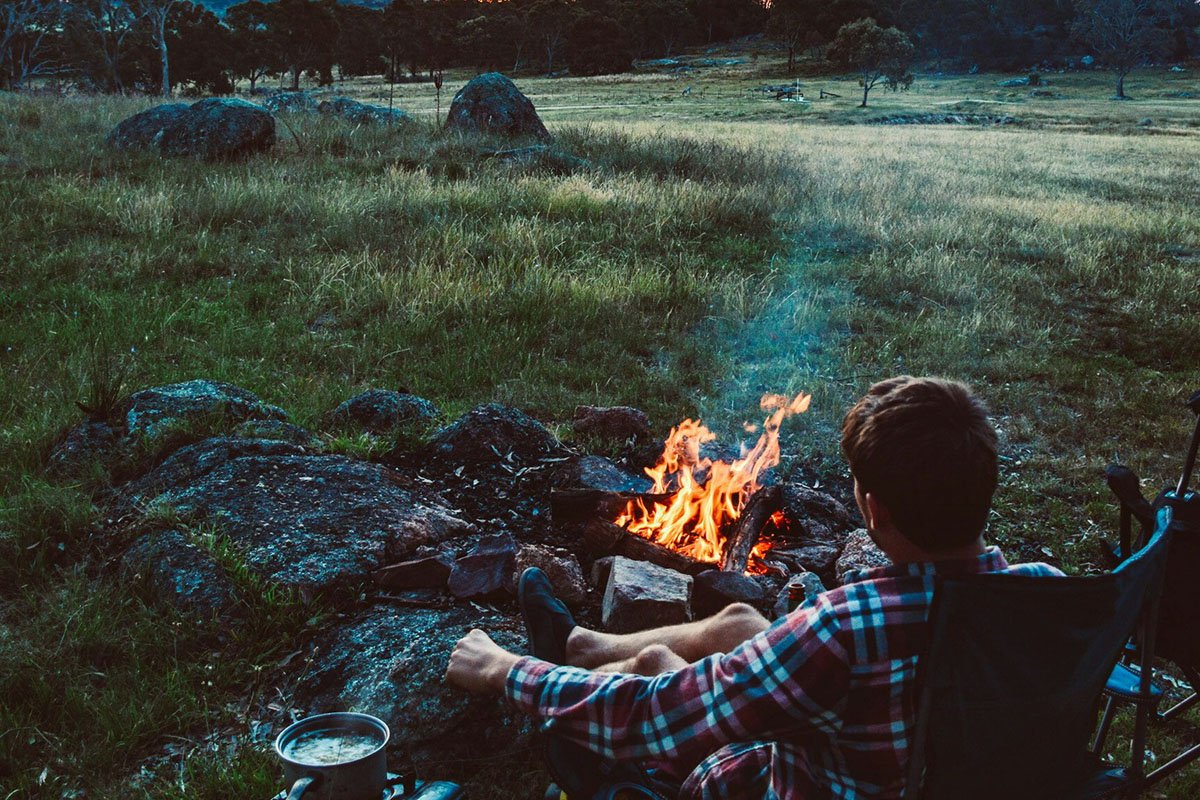
Personal Safety
Trust your instincts and avoid risky situations when you are camping alone. Solo campers and solo travelers should always carry personal safety devices, such as a whistle and a small flashlight.
Wildlife Awareness
Make sure you are aware of the local wildlife and research the kinds of animals you might come across in the area. Store food securely to minimize wildlife encounters. If you are in bear territory, it’s important to be prepared and carry bear spray.
If you come across a bear in the wild, do the following:
- Remain calm
- Back away slowly
- Use bear spray and make loud noises if the bear approaches you
Emergency Communication
It is a good idea to carry an extra fully charged phone with emergency numbers saved. Pack a power bank so your devices can stay charged up for the duration of your camping trip.
A satellite phone is a mobile phone that communicates directly with orbiting satellites instead of relying on terrestrial cell towers. Considering purchasing one for emergency situations when other forms of communication are unavailable.
Survival Tools
Once you are experienced, you may plan to head somewhere off the beaten track. If you are planning to go camping somewhere remote, consider packing some tools that can help you with basic survival.
A camping axe can be used to chop wood to make a fire, or a multi-tool has several useful features for surviving in the wilderness.
Stay Connected
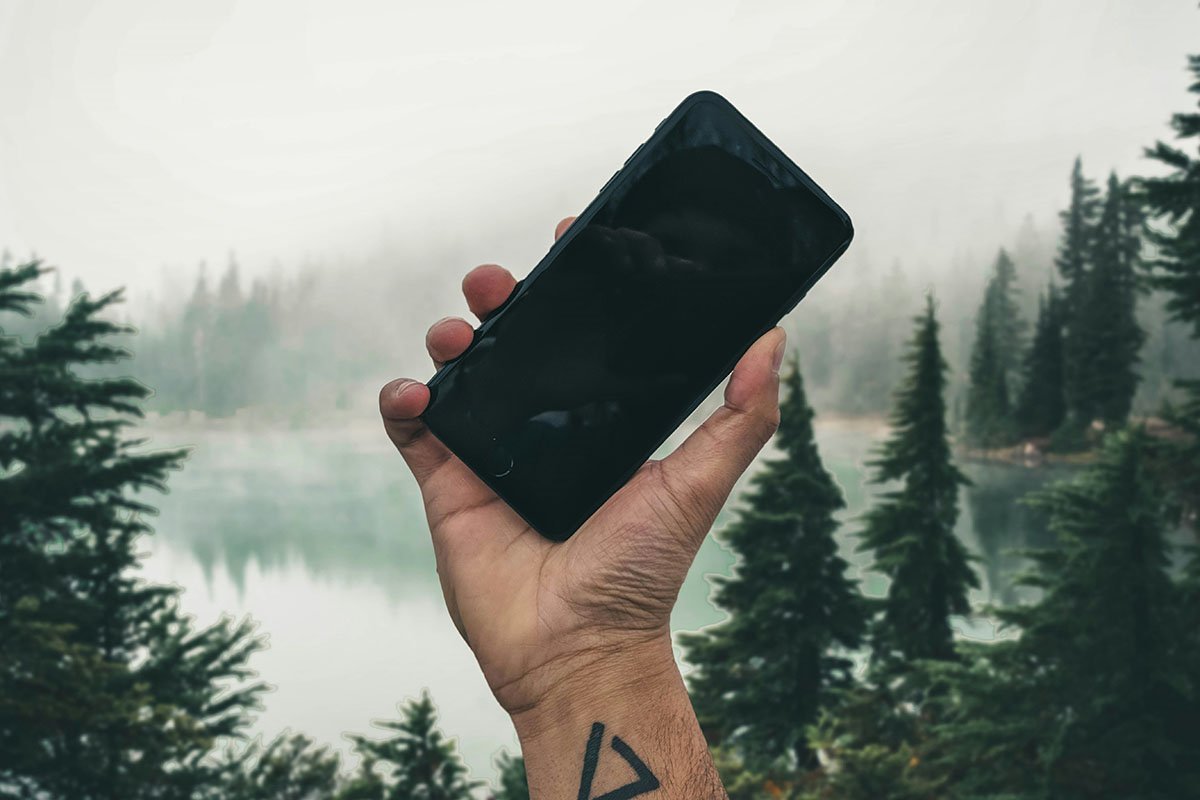
Spending time alone is an amazing thing to do. It is important to stay positive and feel connected while you are spending time alone in nature.
If you feel lonely, write in a journal and document your experiences. Take some items with you that make you happy, including a good book to read or a pair of binoculars to watch wildlife.
Stay connected with loved ones by keeping your devices charged so you can reach out to friends and family whenever you feel the need for communication.
Embrace the solitude and enjoy the experience of being at one with nature. You might enjoy practicing yoga or mindfulness while you are on your solo camping trip; these techniques will help enhance the experience.
The Benefits of Solo Camping
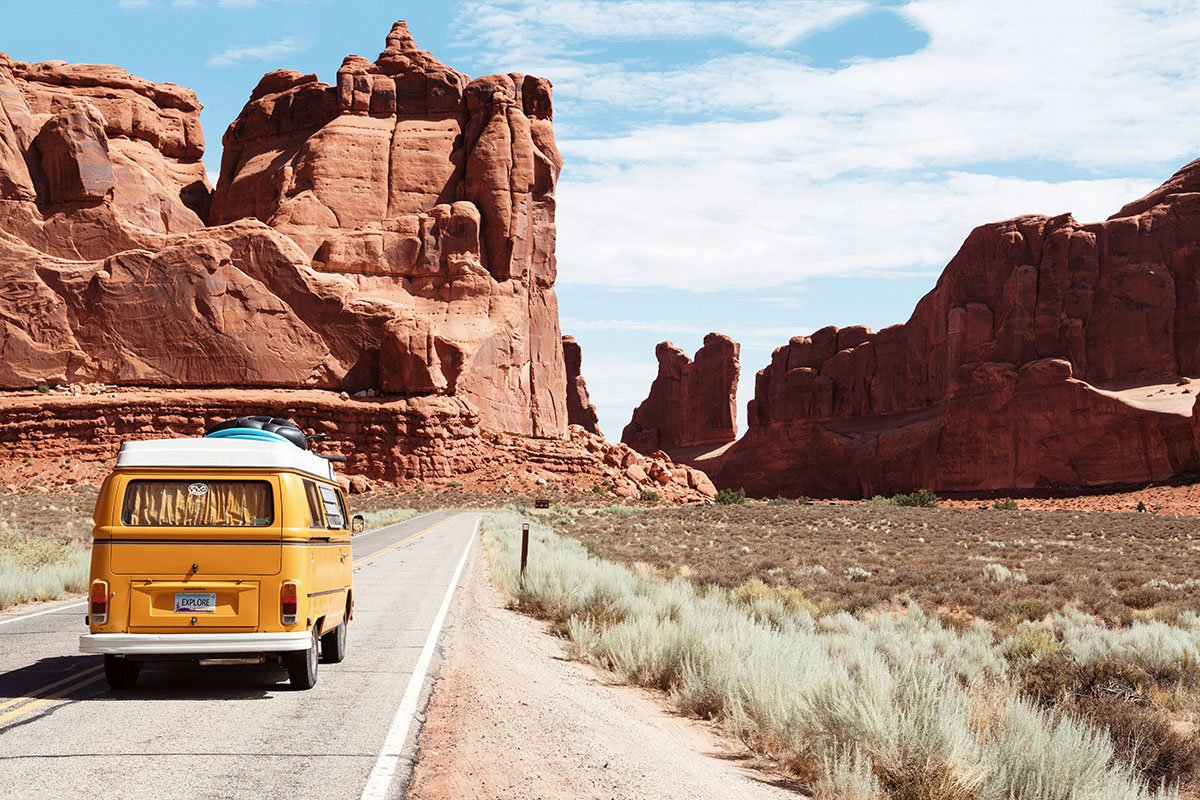
Camping is an activity that is wonderful to enjoy with other campers or solo.
Although you can enjoy getting to know people better singing around a campfire, a solo camping trip can be equally rewarding.
When you’re solo, you don’t need to worry about sharing a compact space with other people, and you can do exactly what you like during the day. Cook the meals that you enjoy eating, explore places that inspire you, and don’t worry about anyone’s schedule but your own.
Camping alone might seem scary at first, but if you are prepared, it will help you to build confidence in your essential outdoors skills. A solo camping trip can have positive impacts on your mental health and it can be an empowering way to spend your free time.


